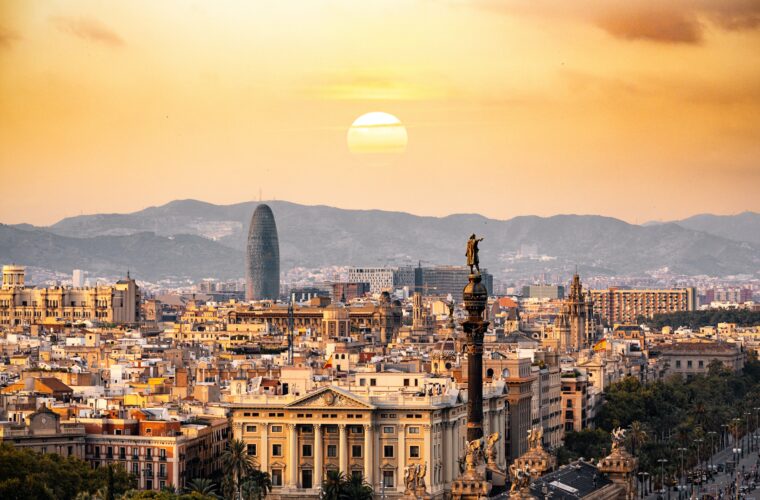Yvon Chouinard, the billionaire founder of Patagonia – a popular outdoor clothing company – has revealed that he has donated his company to environmental organizations.
As Chouinard explained, under the new ownership structure, all profits not reinvested in the company’s management will finance projects to combat climate change. According to Chouinard, this amount can be as high as $100 million a year, depending on the business’s health.
Patagonia markets clothing for hiking and other outdoor sports in more than ten countries. Chouinard founded the company in 1973, and its annual revenues are estimated to reach $1.5 billion.
“As we began to witness the extent of global warming and ecological destruction and our contribution to it, Patagonia committed to using our company to change the way business was done. If we could do the right thing while making enough to pay the bills, we could influence customers and other businesses, and maybe change the system along the way”, Chouinard noted in a written announcement about his decision. “While we’re doing our best to address the environmental crisis, it’s not enough. We need to find a way to put more money into fighting the crisis while keeping the company’s values intact”.
Patagonia
Patagonia started as an eco-friendly firm, using materials that caused less harm to the environment. In 2018, the company changed its purpose, intending to become more beneficial in the battle against climate change. With the slogan “we are in business to save our home planet,” Patagonia started to invest more in fighting the environmental crisis and in finding valuable and feasible solutions for climate change.

“One option was to sell Patagonia and donate all the money. But we couldn’t be sure a new owner would maintain our values or keep our team of people around the world employed,” Chouinard said.
The California-based brand was already donating 1% of its annual profits to activist groups and the development of sustainable practices. But as its founder explained in his written announcement, he desired to do more.
At first, he considered other possibilities, such as selling Patagonia and donating the money to a charitable institution or donating it to a public body. But those choices meant he would cede control of his business.
Climate Change
As Chouinard underlined, “truth be told, there were no good options available. So, we created our own. Instead of “going public,” you could say we’re “going purpose.” Instead of extracting value from nature and transforming it into wealth for investors, we’ll use the wealth Patagonia creates to protect the source of all wealth.”
As a result, the Chouinard family decided to transfer all ownership to two new organizations. 100% of the company’s voting stock was transferred to the Patagonia Purpose Trust, created to protect the company’s values, and 100% of the nonvoting stock was given to the Holdfast Collective, a nonprofit dedicated to fighting the environmental crisis and defending nature.
“The funding will come from Patagonia: Each year, the money we make after reinvesting in the business will be distributed as a dividend to help fight the crisis,” Chouinard noted. “It’s been nearly 50 years since we began our experiment in responsible business, and we are just getting started. If we have any hope of a thriving planet—much less a thriving business—50 years from now, it is going to take all of us doing what we can with the resources we have. This is another way we’ve found to do our part. Despite its immensity, the Earth’s resources are not infinite, and we’ve clearly exceeded its limits. But it’s also resilient. We can save our planet if we commit to it”.



